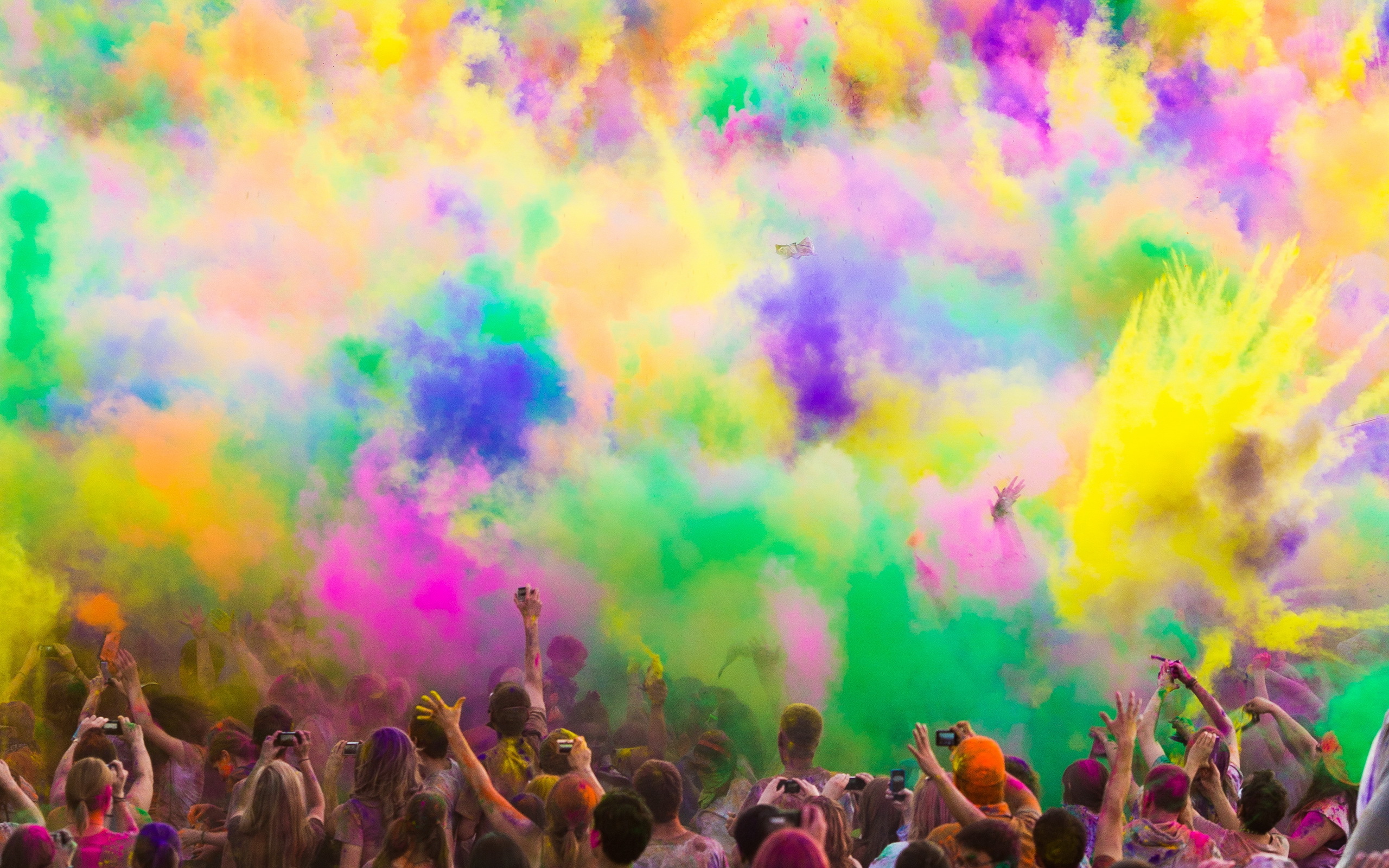Even before I became a mom, I thought that dads were shortchanged when it comes to paternity leave. The Husband's company policy is a generous 3 days; all of which come from his standard annual leave allowance.
The Husband took 2 weeks off from work and the day before he went back to work, I cried wondering how I'd survive alone with Squeak.
By now, you know that I suck at motherhood but it was about a lot more than caring alone for Squeak.
We fight for gender equality every day and every day we keep losing because of our social structures. Parental policies at government and corporate levels say that a woman's place is still to be at home to take care of the children and that a man does not have this responsibility.
But the truth is that child rearing is every bit a dad's desire as it is the mom's. The Husband was more excited than I was when we got news of OUR surprise pregnancy. He was involved throughout the health of OUR pregnancy from gynae visits to emergency hospital stays. He prepared for OUR baby's arrival by maxing out credit cards on baby items that we both researched and decided on. But when OUR baby was born, paternity leave policies dictated that time for dad to bond with the baby was not important. It was mom only that got time off from work to care for the newborn.
Bonding with a newborn is hard for dad. The baby only wants mom. Even though Squeak wasn't interested in anything but boobs, The Husband wanted to bond with him. And there are so many ways he did that and much more that he could have done if he was home for longer. I take on the majority of child rearing duties because he doesn't have the time to get involved enough to be as good at those tasks as I am.
Here are some of the reasons paternity leave is so important:
1. Childbirth is freakin hard man. The Husband took care of me. He changed diapers when I couldn't get out of my hospital bed, bathed Squeak when I couldn't bend from c-section recovery, and made sure I was fed when I was so busy with a baby that wanted to be with me all the time.
2. I was so sleep deprived in the first few weeks. The Husband also woke up with every scream for a night feed but he went back to sleep easily while I stayed up to breastfeed. We didn't realise just how much this took a toll on him until he started struggling to stay awake for the first few weeks when he was back at work. So he also needed more time to adjust to life with a newborn.
3. Even science thinks dads should have enough paternity leave. Studies have shown that having dads around boosts moms levels of prolactin and oxytocin hormones which stimulates the production of breast milk and letdown. Sharing the tough days with a partner also keeps mommy depression at bay and there are so many benefits for the little ones too like increased vocabulary.
Not providing paternity leave sends the message that it isn't important for men to bond with their kids and that women become the default person for child rearing responsibilities and to take time off work delaying the progression of their careers. Equal parental leave is essential in promoting gender equality. Giving dads time off can help women earn more money in the long term and maintain their careers.
Not providing paternity leave sends the message that it isn't important for men to bond with their kids and that women become the default person for child rearing responsibilities and to take time off work delaying the progression of their careers. Equal parental leave is essential in promoting gender equality. Giving dads time off can help women earn more money in the long term and maintain their careers.
I think parental leave should be equally distributed across both genders. There are questions about how we can afford such a benefit. A quick uneducated perspective is to look at how income tax is being spent so that our corruption budget can be assigned for parental leave through, say, UIF. The private sector could get rewarded for promoting this in the same way that corporates get incentives for improving the country's BEE stats. And before anyone points out that having babies is not the government's problem; oh yes it is. More people of employable age equates to a larger workforce which is what drives our economy. Today's babies will dictate the next generation's economy.
I'd love to know what your thoughts are. Do you think paternity leave is important? How much time should dad be allowed to take? And who should carry the cost?
I'd love to know what your thoughts are. Do you think paternity leave is important? How much time should dad be allowed to take? And who should carry the cost?





















